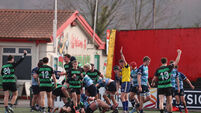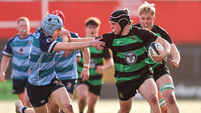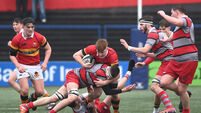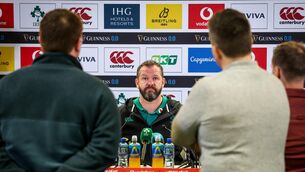Donal Lenihan: Munster’s Achilles’ heel remains the lack of variety and creativity in attack
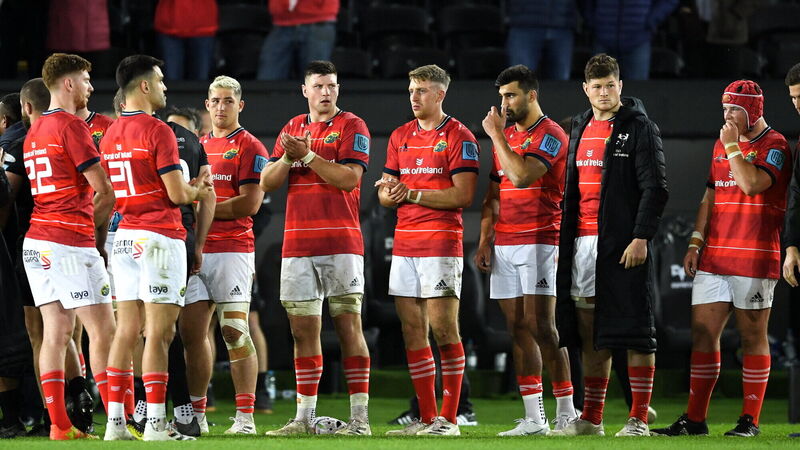
Dejected Munster players after the United Rugby Championship match between Ospreys and Munster at Liberty Stadium in Swansea, Wales. Photo by Ben Evans/Sportsfile
Despite its rather grandiose title, the United Rugby Championship - URC to this column for the remainder of the season - has already proved more engaging than any of its predecessors since the emergence of the Celtic League back in 2001.


